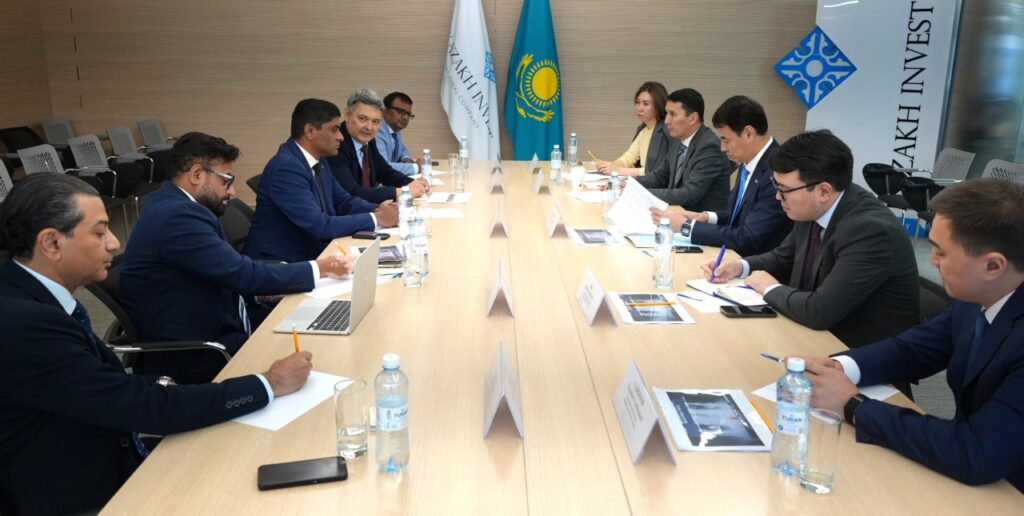Kazakhstan’s Almaty city is set to modernize its wastewater treatment infrastructure through a new partnership with US-based World Water Works. The collaboration, discussed in a recent meeting between Almaty Governor Darkhan Satybaldy and representatives of the firm, focuses on upgrading the city’s sewage facilities with advanced technologies.
The initiative aims to significantly improve the quality of wastewater management in Almaty. By adopting modern treatment methods, the city expects to reduce environmental pollution and enhance overall urban sustainability. Governor Satybaldy emphasized the importance of the project, noting that effective wastewater treatment is essential for public health and the environment.
World Water Works, known for its expertise in water management solutions, brings a range of advanced technologies to the project. These include innovative filtration systems, automated monitoring tools, and energy-efficient treatment processes. Such upgrades are expected to increase the efficiency of existing facilities while lowering operational costs and environmental impact.
The partnership highlights a growing trend of international collaboration in Central Asia’s environmental sector. Experts say the region faces increasing challenges related to urban wastewater management due to population growth and industrial expansion. Projects like Almaty’s modernization initiative are seen as crucial steps toward sustainable urban development.
Local authorities also stressed the project’s potential to create new employment opportunities and boost the local economy. Training programs and technical knowledge transfer from World Water Works are expected to help build local capacity in advanced wastewater management practices.
The modernization plan is designed to address both immediate and long-term wastewater challenges. Short-term measures include upgrading existing sewage treatment plants, while long-term strategies focus on implementing smart monitoring systems and predictive maintenance technologies. These efforts aim to ensure that Almaty’s wastewater infrastructure remains resilient and adaptable to future urban demands.
Environmental specialists welcomed the initiative, noting that improved wastewater treatment can reduce the risk of waterborne diseases and protect surrounding ecosystems. The project also aligns with global sustainability goals, particularly in reducing water pollution and promoting resource-efficient urban development.
The collaboration between Almaty and World Water Works represents a model for other cities in the region. Observers suggest that successful implementation could encourage similar partnerships in neighboring countries, fostering broader environmental improvements across Central Asia.
Governor Satybaldy highlighted the importance of continued international cooperation. He stated that modernizing wastewater treatment is not only a matter of technology but also of fostering expertise and innovative solutions that can benefit local communities.
With the project now underway, both sides are committed to ensuring timely progress and measurable results. Regular assessments and updates are planned to monitor the efficiency and effectiveness of the new systems. The partnership is expected to serve as a benchmark for future urban infrastructure projects in Kazakhstan and the wider region.



